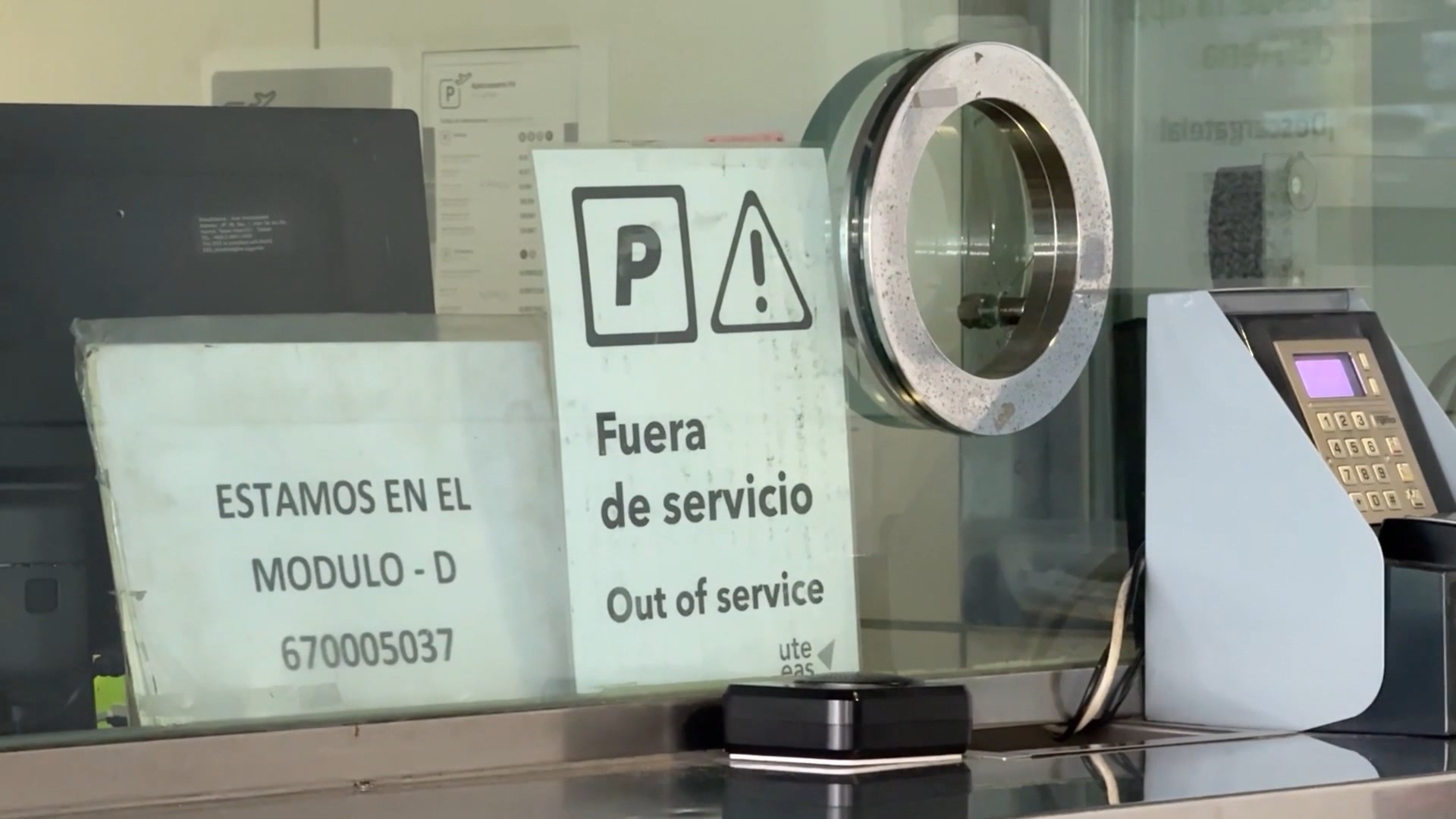3.68 BYN
2.96 BYN
3.41 BYN
Blackout in Europe: What Could Have Caused the Lights to Go Out?

Europe experienced the most extensive blackout in its history, plunging several countries into darkness simultaneously. Europeans spent just under a day without light, and during this time, everything in the cities came to a standstill.
In Spain, a state of emergency was even declared. The inhabitants of the Iberian Peninsula were hit hardest: in the initial hours, people emptied shelves, feared looters and robbers, and watched in horror as a massive failure in the energy system sent their beloved cities back to the Stone Age.
For the delicate European community, this proved to be a genuine test. Accustomed to the comforts of civilization, they were unable to quickly adapt to the new realities. The segment "A Continent Plunged into Night" delves into the massive European-scale blackout and life lived in the shadows.

A widespread failure in the energy system left Spain, Portugal, Andorra, and parts of France without power. People lost internet access, water supply was disrupted, as were lifts and traffic lights. Transport suffered too: the metro stopped in Lisbon, and high-speed trains in Valencia, Spain. The same applied to airports. In short – chaos.
According to eyewitness accounts, the infrastructure apocalypse was practically complete. And it seems autonomous power supply systems were unheard of in Spain. The only islands of civilization were large shopping centers and hospitals that had taken the precaution of installing generators. They had light and even mobile communication, and quickly became places of mass pilgrimage for local residents.

After several hours, many administrative buildings finally brought in generators and organized charging stations for phones and other gadgets. Shelters were also set up for those in need of overnight accommodation. Those who were trapped in lifts at the moment of the blackout were least fortunate: they had to wait a very long time for rescue, while thousands more had to walk through metro tunnels and along railway tracks.
However, even during a plague, there is always room for feasting. Many reacted to the unfolding collapse with surprising calm and even positivity. The unexpected extra day off fostered a festive mood in people.
But, alas, wherever there is joy, there are also tears. Even this demo version of a local apocalypse was not without its victims. According to media reports, at least 5 people died in Spain for reasons related to the blackout. A family of three was poisoned by carbon monoxide, presumably from a generator. Another woman ran out of oxygen due to the shutdown of a special apparatus. Another woman died in a fire that may have been caused by a candle.
However, the authorities are not rushing to express condolences or take responsibility. They are currently busy calculating the damage and trying to find scapegoats. Spain alone could lose between 1 and 4.5 billion euros from a single day of darkness. The causes of what happened on the Iberian Peninsula are still undetermined.
Luís Montenegro, Prime Minister of Portugal:
"We will approach the European Union Agency for the Cooperation of Energy Regulators to request an independent investigation into the state of the electricity networks in the affected countries, so that we can fully determine the causes behind this situation. We need urgent and swift answers."
Electricity operators and politicians have provided preliminary versions of the blackout that contradict each other. They speak of some "rare atmospheric phenomenon," suggesting that extreme temperature fluctuations in inland Spain caused the global failure. However, thermometers there showed a stable plus. The hacking attack version was also dismissed: there were no signs of a cyberattack.
"If this was some kind of cybersecurity issue, it's complex. Europe really needs to seriously think about its security. It's strange that all of this is happening specifically here, and our power plants can't cope with it. It's strange," noted IT expert from Portugal, Antonio Godinho.
Another possible cause of the failure could be an imbalance in electricity generation. Spain recently transitioned to 100% use of renewable energy sources. At some point, the generation capacity exceeded the limits for which European energy systems are designed, and since the system is new, a series of errors could have brought everything down. And while turbines have the concept of inertia, in electronics, for example, responsible for solar energy, there are only microchips. The verdict – the green agenda is to blame for everything.
Adam Bell, Energy Expert (UK):
"It's likely that some of the automatic systems that are designed to keep the power system running didn't work as they should have. For example, in 2019, a similar event occurred in the UK."
No, to be fair, a complete ecological transition in energy is indeed a matter of pride. It's great when the sun, air, and water are the best friends in such matters. But only if national energy systems ensure stability. And it's even better to back up all these know-hows with something more stable, such as traditional thermal or nuclear power generation. But Europe is Europe; first it makes a mess, and then it suffers, deals with the consequences, but hides the truth.















